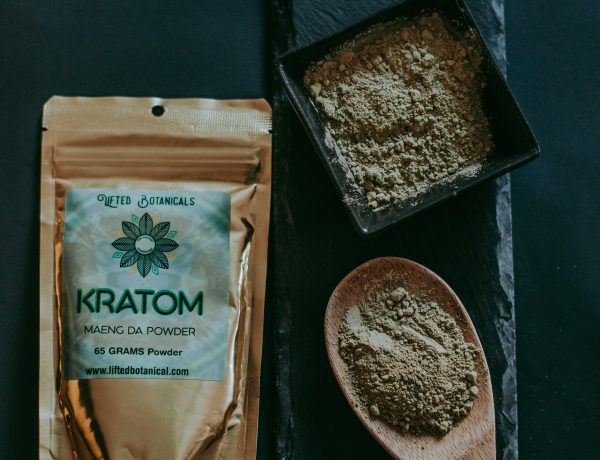The impact of substance abuse on individuals and their loved ones can be overwhelming at times, with daunting hurdles to overcome. The key to navigating these obstacles and promoting a healthier way of living lies in selecting the appropriate treatment option. Understanding the array of substance abuse treatment options available can enable individuals to make informed choices regarding their path to recovery.
Exploring the Complexities of Substance Misuse
Substance misuse is a problem that encompasses the risky consumption of mind-altering substances, like alcohol and illegal drugs, which can eventually lead to addiction. Addiction can have a profound effect on an individual’s physical and mental well-being, as well as their interpersonal connections. Early detection of warning signs can pave the way for improved intervention and substance abuse treatment in Charlotte, NC.
Kicking off with Detoxification
Detox is frequently the first phase in conquering addiction, as it entails removing toxins from the body under medical care to ensure a safe and comfortable withdrawal process. Despite potentially severe symptoms, detox alone isn’t considered a complete treatment plan but rather sets the stage for further recovery efforts.
Inpatient Rehabilitation Programs
Inpatient rehabilitation programs create a space for individuals to fully concentrate on their recovery journey through an approach that integrates round-the-clock care with intensive therapy sessions. The absence of distractions in these programs enables individuals to explore their addiction issues and acquire strategies for managing their well-being effectively. The duration of these programs typically ranges from four weeks to several months, depending on the severity of the addiction and the unique requirements of each individual.
Options for Treatment Outside the Hospital
Attending outpatient treatment allows flexibility for individuals who may not be able to fully dedicate themselves to a program due to work or family obligations. The therapy sessions are scheduled to fit around their responsibilities. This setup is ideal for those dealing with addictions or those transitioning from inpatient treatment. Outpatient programs come in various levels of intensity, some involving meetings, while others occur weekly.
Methods of Therapy
Treating substance abuse involves using therapies to address the factors at play. Cognitive Behavioral Therapy (CBT) guides individuals in recognizing and altering negative thought patterns, while motivational interviewing boosts motivation for change. This technique is often combined with other treatments to tackle addiction comprehensively.
Medication-Assisted Treatment (MAT)
Combining medications with counseling and behavioral therapies in Medication-Assisted Treatment (MAT) helps to address substance use disorders by managing withdrawal symptoms and reducing cravings while restoring brain function for those dealing with opioid or alcohol dependencies. This approach is more effective when combined with other forms of care, increasing the chances of long-term recovery.
Support and Local Services
Support groups play an important role in aiding individuals during their recovery journey. A community setting like a 12-step program fosters a sense of belonging and responsibility among its members. Participants exchange stories to offer motivation and help each other navigate obstacles. Local health services and nonprofit groups in the community further contribute to enabling access to support for those seeking recovery assistance.
Holistic Approaches to Recovery
Holistic methods prioritize the wellness of both the body and mind by integrating practices like yoga and meditation with therapies to support health and harmony. These practices enhance well-being through stress management and emotional balance, leading to sustained recovery success over time.
Selecting the Appropriate Therapy
Determining the course of action for treatment requires taking into account the individual’s needs and circumstances. Factors like the severity of the addiction, addiction complications, any existing mental health conditions, and personal obligations come into play. Engaging in discussions with healthcare experts can offer perspectives and advice to assist in making the best choice.
The Journey to Healing
Overcoming addiction is a process that demands dedication and perseverance, with the help of others by your side to guide you through the ups and downs that come with it.
Closing Thoughts
Overcoming addiction can be tough but fulfilling in the end. Evaluating treatment options gives individuals the power to select what works best for them personally. By learning about the approaches available and receiving the necessary support, individuals can begin their journey to healing, leading to a more harmonious life.





